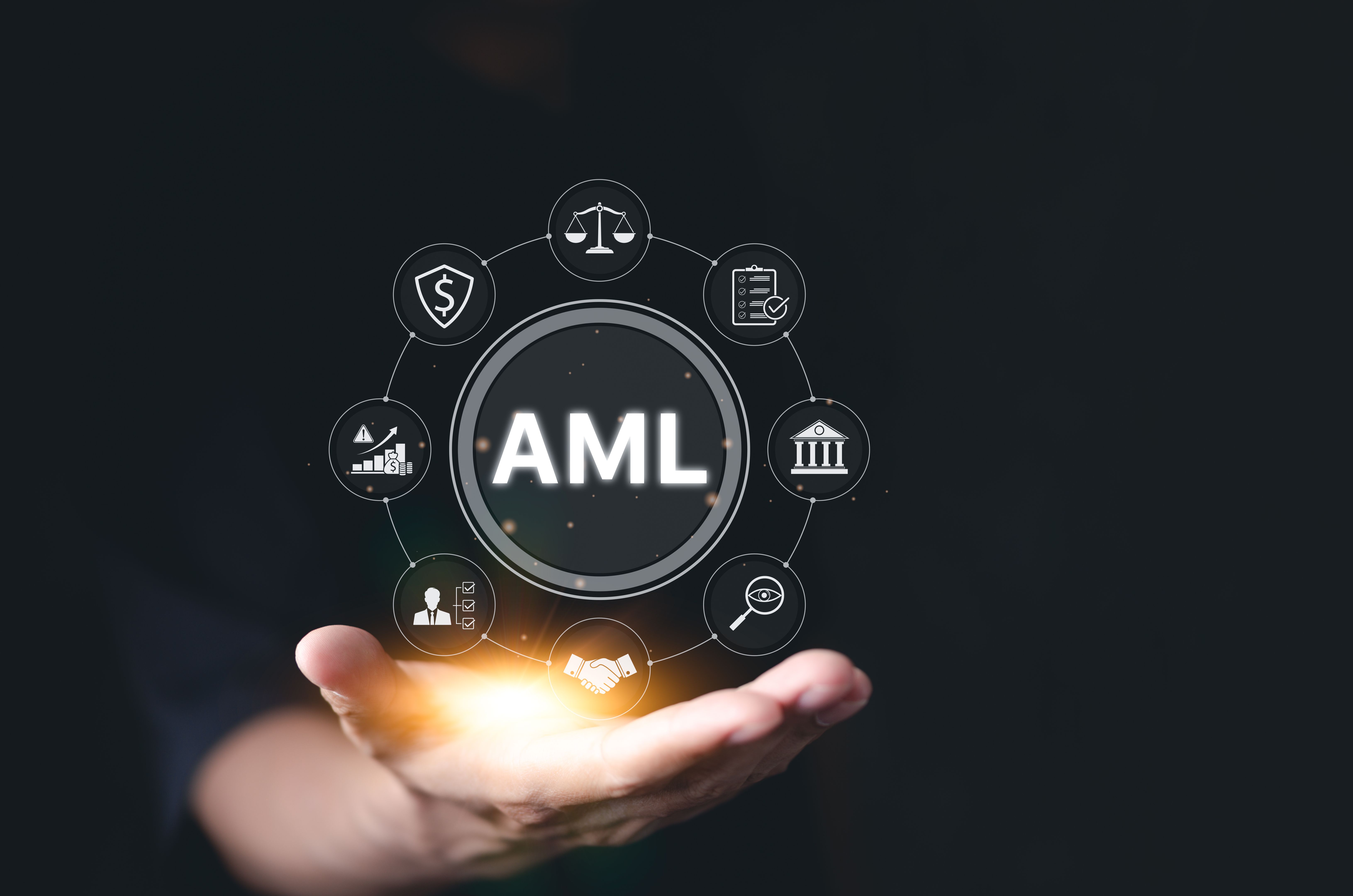MAS Clarifies Licensing Requirements for Offshore Digital Token Service Providers
Understanding MAS's Updated Licensing Requirements
The Monetary Authority of Singapore (MAS) has recently clarified its licensing requirements for offshore digital token service providers operating within the country. This move is aimed at enhancing regulatory oversight and ensuring a safe environment for both businesses and consumers engaging in digital token-related activities. As the digital asset landscape evolves, clear guidelines are critical for maintaining Singapore's status as a global financial hub.

Who Needs to be Licensed?
The updated guidelines specifically target entities that facilitate the exchange of digital tokens, including both cryptocurrency exchanges and providers of custody services for digital assets. Whether operating onshore or offshore, companies that engage with Singaporean residents must now comply with the Payment Services Act (PSA) and secure the appropriate licenses. This ensures that all service providers, regardless of their base of operations, adhere to the same regulatory standards.
Key Licensing Requirements
To qualify for a license under the PSA, service providers must meet several stringent criteria. These include demonstrating a robust risk management framework, having adequate anti-money laundering (AML) and counter-terrorism financing (CFT) measures in place, and ensuring transparency in operations. Additionally, companies are required to maintain a certain level of capital to safeguard against potential financial instability.

Moreover, MAS has emphasized the importance of technological security. Service providers are expected to implement advanced cybersecurity measures to protect against breaches and unauthorized access to digital assets. This focus on security not only protects consumers but also bolsters confidence in the overall digital asset ecosystem.
The Impact on Offshore Providers
The new regulations extend to offshore providers that wish to serve Singaporean clients, reinforcing the country’s commitment to regulatory uniformity. Offshore entities must now assess whether their services fall under the jurisdiction of Singapore's regulations and apply for a license if necessary. Failure to comply could result in significant penalties, including fines and restrictions on business operations within Singapore.

Steps for Compliance
For businesses aiming to comply with these updated requirements, MAS has outlined a clear process. Below are the essential steps:
- Conduct a comprehensive review of your current operations against MAS’s requirements.
- Engage with legal experts to understand the full scope of obligations under the PSA.
- Develop and implement a compliance program tailored to your business model.
- Submit a detailed licensing application to MAS, demonstrating adherence to all regulatory criteria.
Navigating the Transition
While these updates may present challenges, they also offer opportunities for service providers to enhance their operations and build trust with their clientele. By aligning with MAS’s standards, businesses can not only continue to operate within Singapore but also position themselves as compliant and trustworthy players in the global market.
For many providers, this transition will require investment in technology, personnel training, and perhaps restructuring of certain operational processes. However, the long-term benefits of compliance—such as increased customer trust and market stability—far outweigh the initial hurdles.
As the digital asset industry continues to mature, such regulatory clarity is essential. It ensures that all participants are operating on a level playing field and sets a benchmark for other jurisdictions aiming to regulate digital assets effectively. Singapore’s proactive approach serves as an example of how regulatory frameworks can evolve in tandem with technological innovation, fostering an environment of trust and progress.
